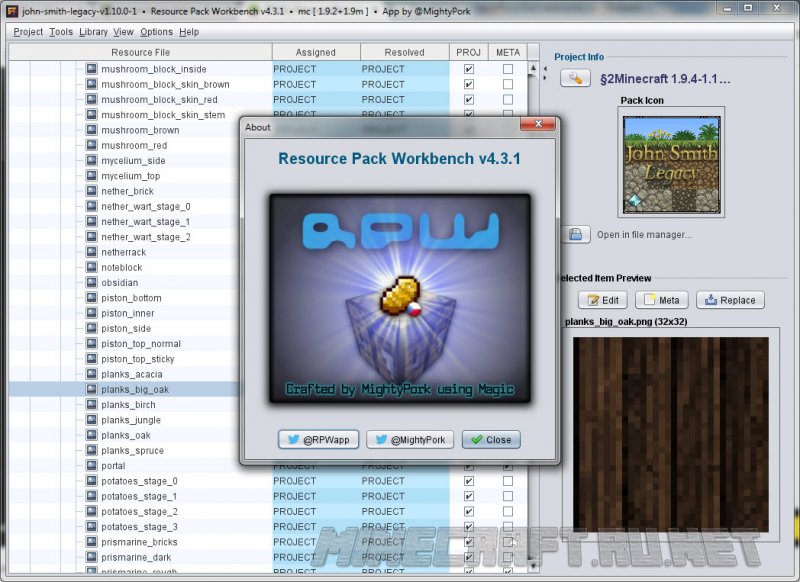
- WINDRIVER WORKBENCH 3.1 DOWNLOAD INSTALL
- WINDRIVER WORKBENCH 3.1 DOWNLOAD UPDATE
- WINDRIVER WORKBENCH 3.1 DOWNLOAD SOFTWARE
- WINDRIVER WORKBENCH 3.1 DOWNLOAD CODE
Windows: For building the agent, there are two possibilities: Use other -l option values to increase agent log details level.
WINDRIVER WORKBENCH 3.1 DOWNLOAD CODE
Target Explorer plugins source code is stored in the /target_explorer/plugins directory.Ĭlone TCF C code from Eclipse GIT repository, using one of the following commands:
WINDRIVER WORKBENCH 3.1 DOWNLOAD SOFTWARE
The repositories can be accessed from Eclipse using Help/Install New Software command.
WINDRIVER WORKBENCH 3.1 DOWNLOAD UPDATE
Pre-built TCF plugins are available at Eclipse Update site/p2 repositories. The plugin provides Java binding for DayTime service.Īlso, see directory /examples/.daytime.agentįor example code of a customized TCF agent, which implements DayTime service. The Example shows how TCF/Java binding can be extended for a new, user defined service. It helps to search for CDT projects and executable files when creating TCF launch configuration.

ui This optional plugin improves integration between CDT and TCF debugger.

It includes implementation of RSE services as TCF clients. This optional plugin allows Remote System Explorer (RSE) to connect to remote machines using TCF as communication protocol. The code can be used as a reference for developing new TCF clients. It allows to launch Eclipse debug session by connecting to a target running TCF agent,Īnd then perform basic debugging tasks, like resuming, suspending, single-stepping, setting/removing breakpoints, etc. , .ui This code connects Eclipse Debug Framework and Target Communication Framework. The Java code in the fragment does not have any Eclipse dependencies and can be used outside Eclipse. It contains the framework itself and interfaces for standard services. The rest of TCF plugins areĬlients developed as a reference implementation or for demonstration purposes. It is the only TCF plugin, which (together with its fragments) should be required by a TCF client. It contains Eclipse integration code for the framework. TCF plugins source code is stored in /plugins directory.Įxamples source code is stored in /examples directory. To get proper warnings and errors about proper API versioning and tags. Optional: From Window > Preferences > PDE > API Baselines, pick the admin/target-defs/ tcf-baseline.target,.If RSE is not installed, don't import the following plugins into your workspace:.If CDT is not installed, don't import the following plugins into your workspace:.Select root directory: /plugins, and click "Next".Select "General/Existing Projects into Workspace" and click "Next".RSE (Remote System Explorer) SDK 3.4 or later, last tested with 3.7, recommended 3.7.3.

CDT (C/C++ Development Tools) SDK 8.1 or later, last tested with 8.3, recommended 9.3.Optional dependencies for TCF/CDT and TCF/RSE integration: these are not required by.

This pulls in all required as well as optional dependencies, along with SWTBot for testing:
WINDRIVER WORKBENCH 3.1 DOWNLOAD INSTALL
Install Eclipse SDK 3.8.2 or later, last tested with 4.7, recommended 4.7Įclipse.exe -vm /bin/javaw.exe -data -vmargs -Xmx1024M.Install JDK 1.7.0 or later, recommended 1.8.0.The TCF host side code is organized into several Eclipse plug-in projects,īelow are steps to create and populate an Eclipse workspace with TCF projects: Using TCF With Remote System Explorer Creating an Eclipse Workspace for DevelopmentĮclipse can be used for developing clients for TCF in Java.Creating an Eclipse Workspace for Development.Made available under the EPL 2.0Īgent portion made available under your choice of EPL 2.0 or EDL v1.0 dual-license.ĭirect comments, questions to the mailing list Table of Contents Target Communication Framework: Getting Started Target Communication Framework: Getting StartedĬopyright (c) 2007-2019 Wind River Systems, Inc.


 0 kommentar(er)
0 kommentar(er)
